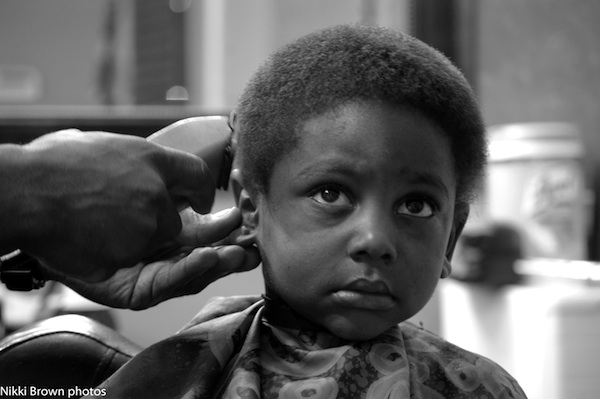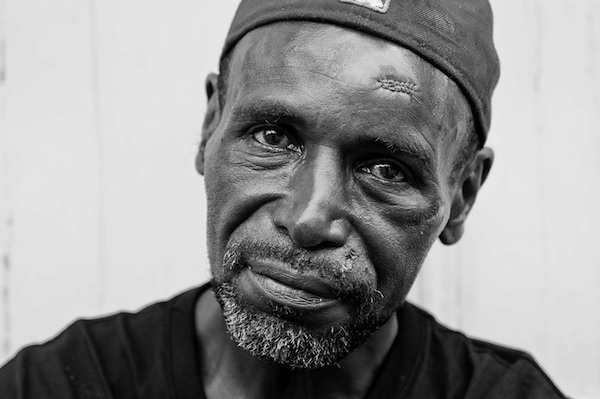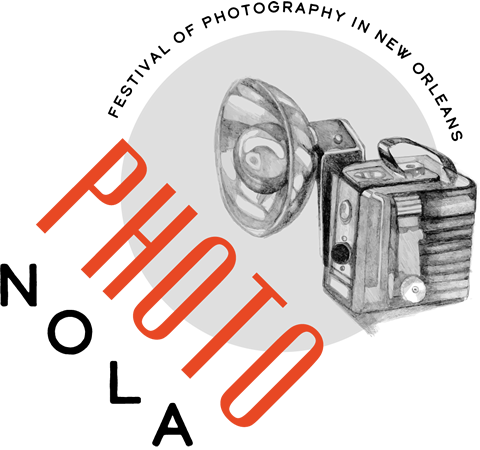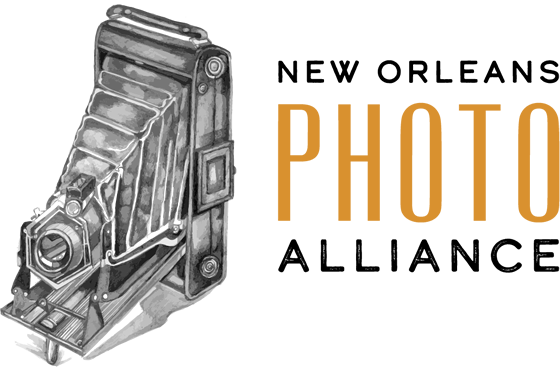
Dr. Nikki Brown: African American Men and New Orleans
December 13, 2013 – March 15, 2014
Opening: Friday, Dec 13, 6-8pm
TBD: Lecture with a presentation of images by Dr. Nikki Brown
Dr. Nikki Brown’s project employs images of African American male life in New Orleans in order to portray the full richness and complexity of the experience. The lives of African American men in New Orleans have been well-documented with the familiar pictures of second lines, social clubs, Mardi Gras day parades, and Mardi Gras Indians. This project counters the daily barrage of negative images of African American men, by emphasizing hope over despair and by portraying African American men in commonplace, authentic spaces.
Dr. Nikki Brown is an Assistant Professor and Undergraduate Studies Coordinator in UNO’s History Department. Her first book, Private Politics and Public Voices: African American Women’s Activism from World War I to the New Deal, won the 2007 Letitia Woods Brown Memorial Book Prize for the best book in African American women’s history. In 2008, Greenwood Press published the Encyclopedia of Jim Crow, a three volume reference work co-edited by Brown and Barry Stentiford of Grambling State University. Brown is currently working on book reviews for the Journal of American History and the Journal of Southern History. Her next work concentrates on the past, present, and future role of historically black colleges and universities in African American education.

Artist Statement
From 2010 through 2013, I photographed and conducted interviews with African American men in New Orleans. Why African American men? This project strives to offer a counterpoint to the long, troubled, and complex history of negative representation of African Americans in American popular culture. My project was bounded by these guidelines: the men lived in New Orleans before Hurricane Katrina; they returned within two years; they participated in the rebuilding in some form; they had voted at least once within seven years; they liked to talk politics; and they consented to posing for a photograph for me. A simple, yet compelling narrative emerged: while Hurricane Katrina continues to exert a gravitational pull in the lives of African Americans in New Orleans, African American men’s tight-knit social networks form the spiritual center of the city and play a tremendous role in the city’s reconstruction.
My photographs also seek to capture the extraordinary ordinariness of African American men’s lives in New Orleans. Their lives are a testament to the leap of faith many New Orleanians took when they returned to rebuild the city. More importantly, ordinariness is a privilege that is granted to middle class white Americans, yet too often denied African Americans, especially African American men. But, three years of photographing African American men taught me that African American men’s stories are tightly bound to the story of New Orleans. African American men are the waiters and cooks, the delivery men, the church members, the homeless men, the young boys at the rec center, the young fathers at the second line, and the old-timers at the convenience store. While these personal histories are not often recorded for the nightly news, they form the emotional core of the city.

